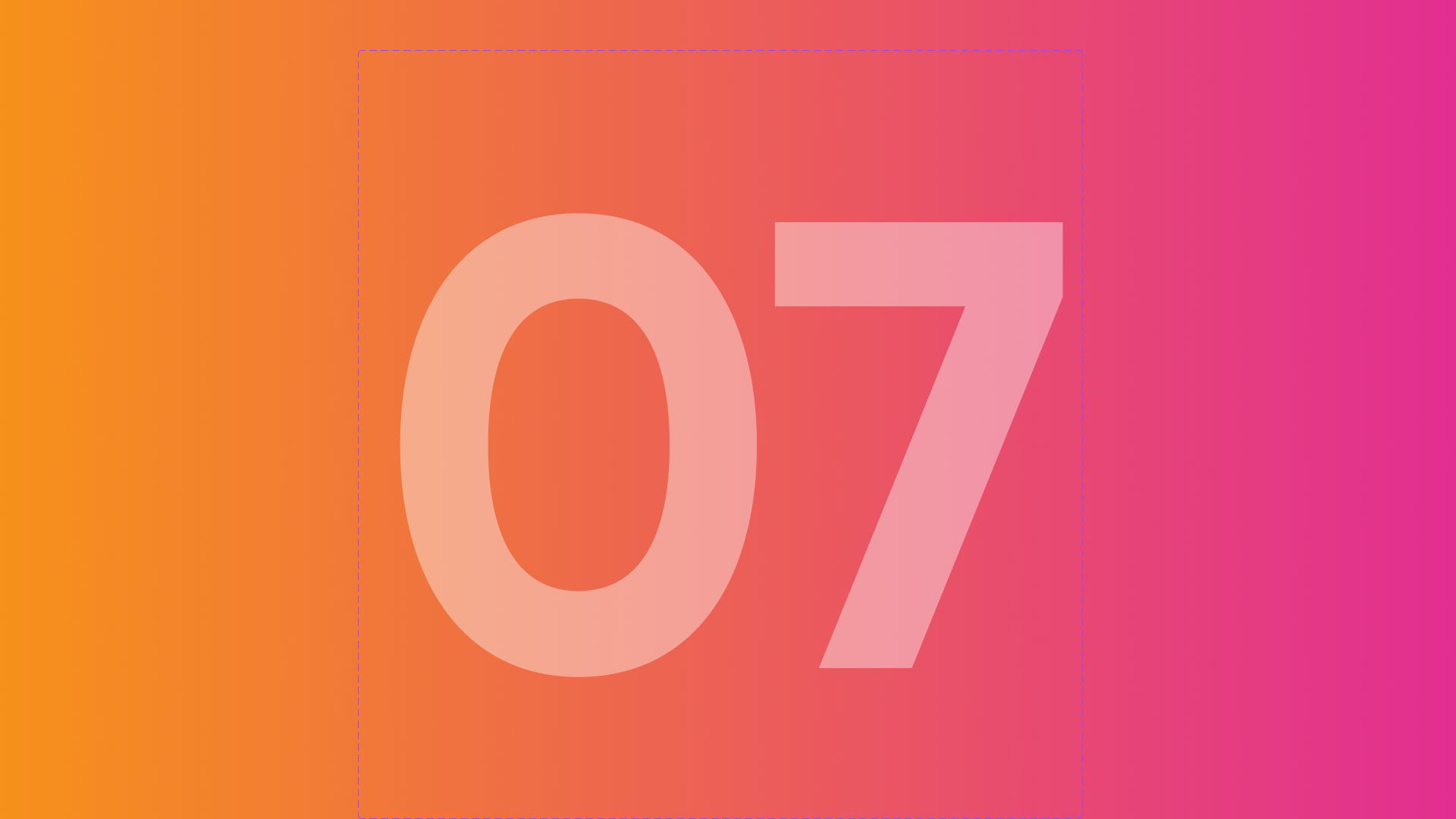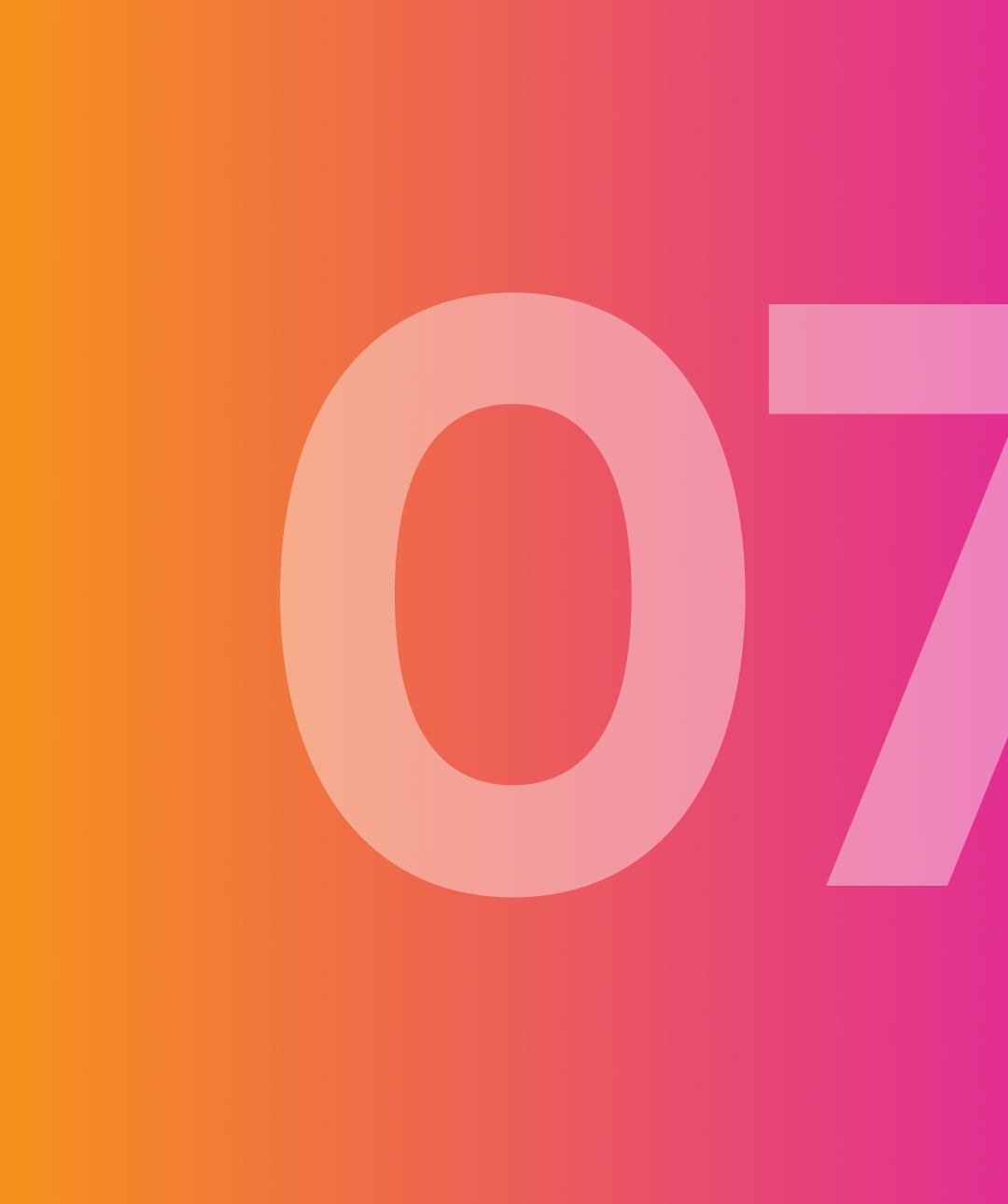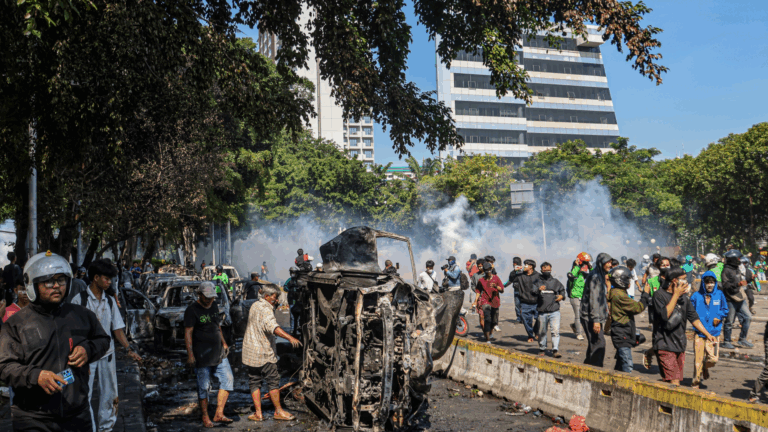India | Google and Apple App Stores Remove Crypto Apps
Google and Apple removed at least nine cryptocurrency apps — including Binance, Bitfinex, and Kraken — from their app stores in India. This occurred less than two weeks after these firms were flagged for operating “illegally” in the country. The Financial Intelligence Unit (FIU), an Indian government agency that oversees financial transactions, asked India’s IT Ministry to block these services. In recent years, many Indian cryptocurrency users migrated from local exchanges to global trading platforms to circumvent stringent Know-Your-Customer (KYC) requirements and a 1% deduction on each transaction. By forcing traffic through local exchanges, the Indian government is forcing closer control. This stands as a reminder that Bitcoin wallets like Mutiny, which don’t rely on the app store, will be useful moving forward.
Ethiopia | Economic Cost of Internet Shutdowns
According to the independent media outlet Addis Standard, Ethiopia “incurred the second-highest economic losses globally due to government-imposed internet shutdowns and social media blocks in 2023.” Only Russia suffered a higher loss, and Ethiopia now surpasses Iran in how much the regime will lose to impose censorship. Platforms like Facebook, YouTube, Telegram, and TikTok were blocked for months, especially during times of conflict, leading to a loss of $1.9 billion of economic activity. With internet blackouts spanning more than 3,400 hours, VPN usage skyrocketed by 3,651%.
Cuba | Increase in Fuel Prices
Last week, the Cuban dictatorship announced a five-fold increase in fuel prices(from 25 pesos per liter of petrol to 132 pesos), among other fuel price changes, as it tries to reduce its budget deficit. The regime announced it would open 29 new petrol stations, which will exclusively accept US dollars to help its stockpile foreign exchange reserves. These changes come amidst a severe 30% inflation rate and could trigger protests in a country where the average citizen’s purchasing power has plummeted by more than 80% in the past few years. The Cuban regime currently relies on the MLC system — where workers are paid in collapsing pesos, but high-quality goods are only obtainable with hard currency sent from family or friends abroad — to exploit its population.
Papua New Guinea | Pay Cuts Trigger Police Protests
Papua New Guinea (PNG) declared a state of emergency following police protests sparked by unexplained pay deductions. Despite Prime Minister James Marape’s apology and assurance of a resolution, Papuans still await a resolution to the pay cut a week later. Since the onset of protests, shops have been looted, buildings have been set on fire, dozens of people have been injured, and 16 people killed. Despite its relatively small size, this Pacific Island nation, home to 10 million people, grapples with one of the highest crime rates in the world. The combination of economic mismanagement, widespread crime, and now an absent police force is exacerbating security and civil liberties concerns for Papuans.
Curaçao and St. Maarten | Launch of New Currency
The island nations of Curaçao and St. Maarten are launching a new joint currency called the Caribbean guilder, which will replace the Netherlands-Antillean guilder in the second half of 2024. This currency is a major step towards autonomy for the two countries, which are Dutch Caribbean constituents. The new currency will be pegged to the US dollar and arrives at a time when eight other Caribbean countries have launched a central bank digital currency called DCASH. In reaction to the increased centralization of fiat currency in the area, a Jamaican entrepreneur is launching Flash, an open-source, Bitcoin-based Caribbean financial system.
Ghana | Currency Devaluation and Foreign Borrowing
Ghana’s Finance Ministry secured an additional $600 million in loans from the International Monetary Fund (IMF), enabled by restructuring its $5.4 billion in loans with creditors including China and France. This additional loan comes while the country is facing inflation of more than 40% and protests demanding the governor of the Bank of Ghana resign over the loss of $5.2 billion in the 2022 financial year. According to a World Bank report, more than 850,000 Ghanaians have fallen into poverty due to high inflation. Typically, significant currency devaluation, like the type seen in Ghana, is a prerequisite for taking a loan from an international creditor like the IMF. Such moves are rarely, if ever, approved by the population in a democratic referendum or vote.







